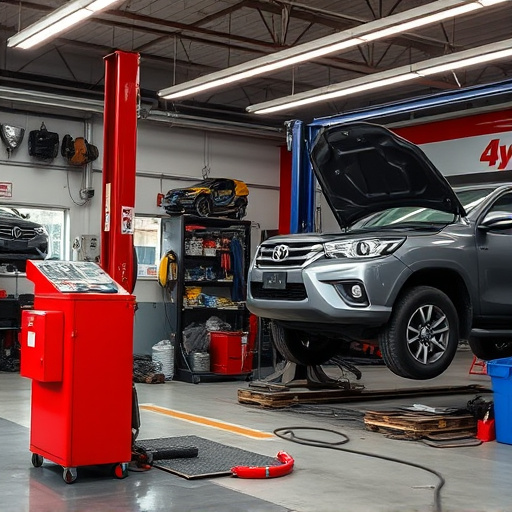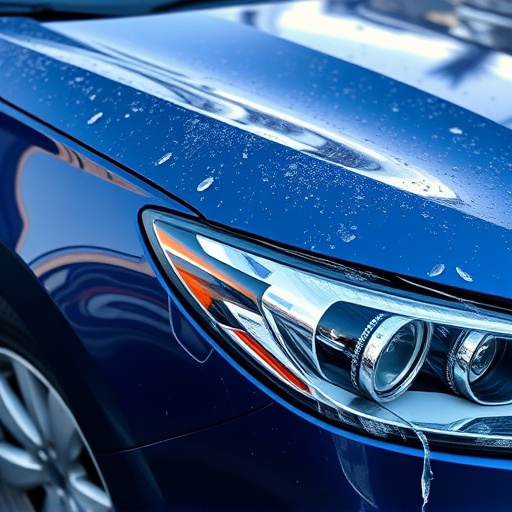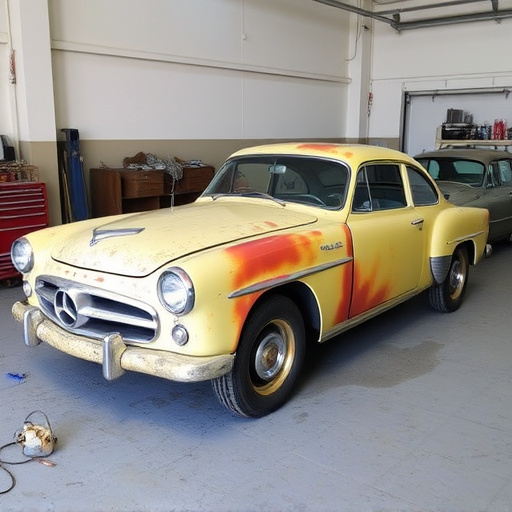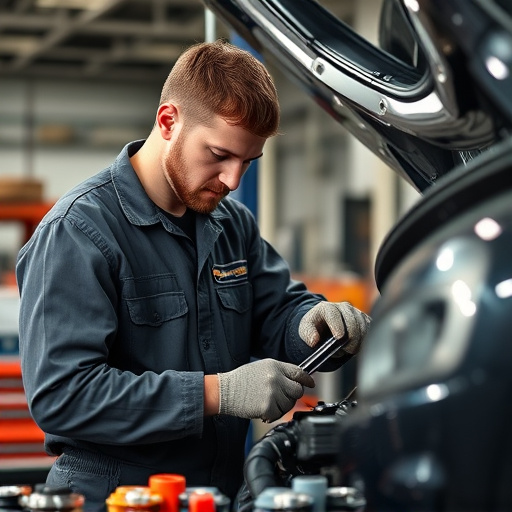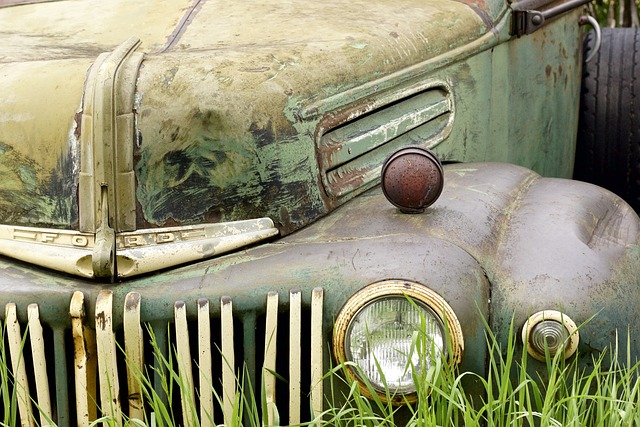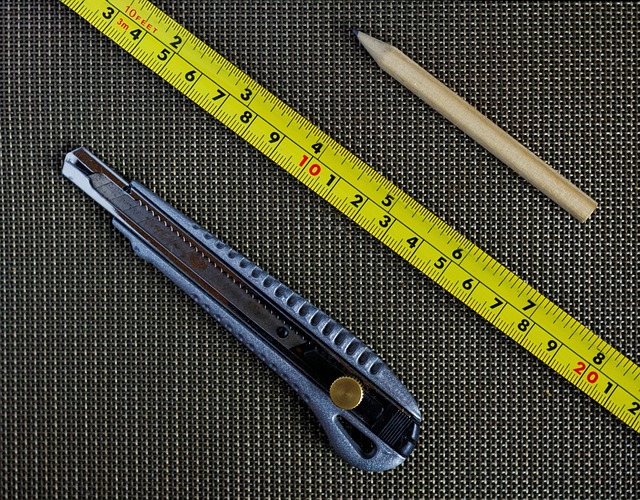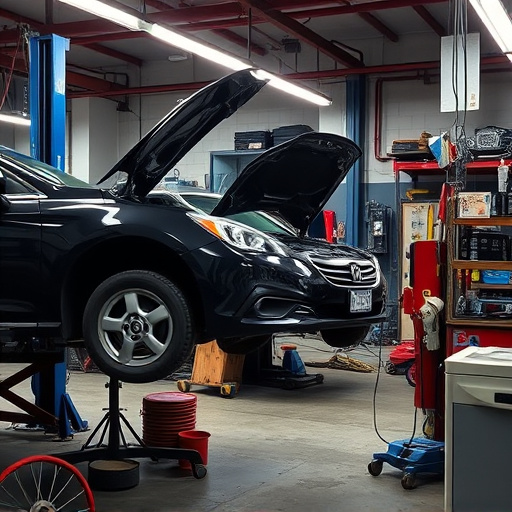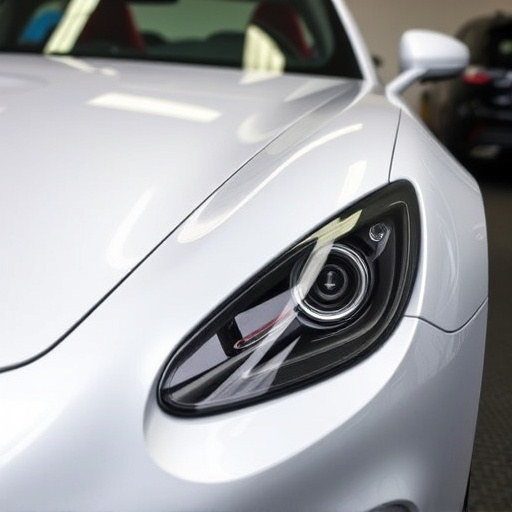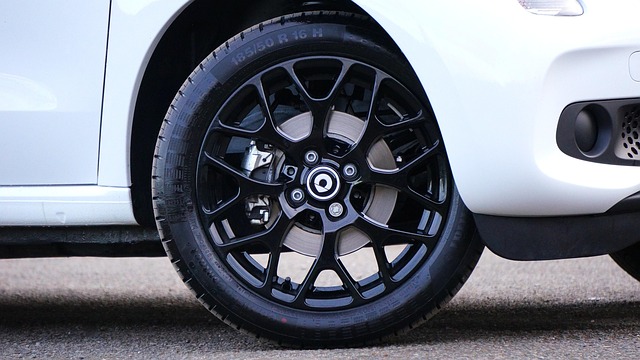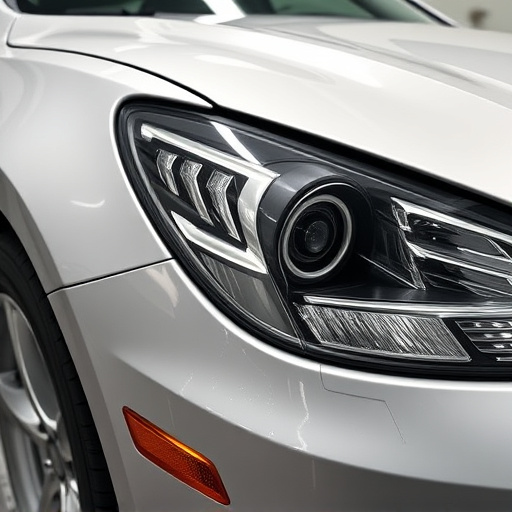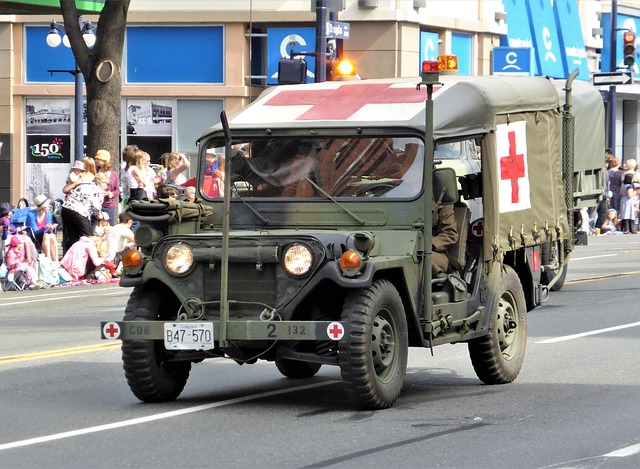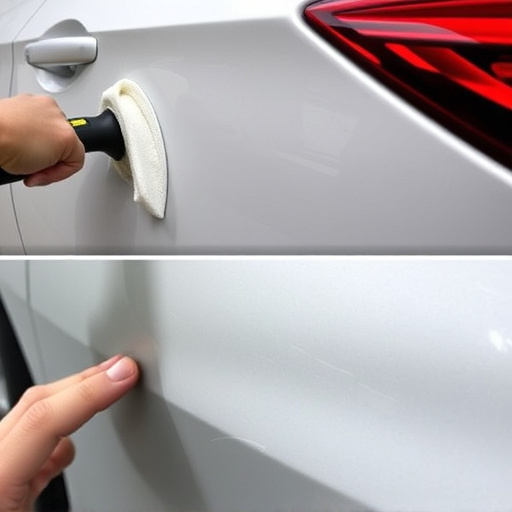Vehicle frame inspection is a safety-critical process post-accident or structural damage, requiring qualified technicians with specialized tools and training. Auto collision centers must adhere to protocols, employ advanced equipment, and understand various inspection techniques for accurate assessments and reliable repairs. This includes mastering metalworking, staying updated on technologies, and maintaining licenses, enhancing customer satisfaction and vehicle longevity. Specialized tools like frames, jack stands, alignment tools, visual inspections, torch assessments, pressure testing, and digital imaging ensure optimal quality and safety in vehicle frame inspections.
Is your auto repair shop ready for the challenge of vehicle frame inspection work? With growing demand for structured and safe vehicle repairs, understanding and adhering to stringent frame inspection requirements is crucial. This comprehensive guide explores the essentials for qualifying your shop, from acquiring necessary certifications to implementing best practices with specialized tools. Learn how to ensure accurate, reliable results in every frame inspection.
- Understanding Vehicle Frame Inspection Requirements
- Qualifications and Certification for Shop Owners
- Essential Tools and Practices for Accurate Inspections
Understanding Vehicle Frame Inspection Requirements
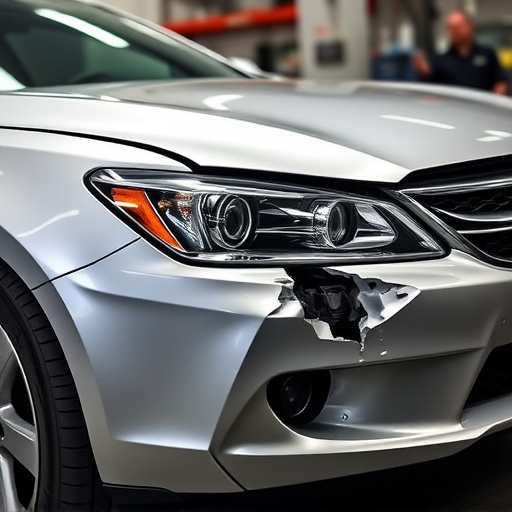
Understanding Vehicle Frame Inspection Requirements
Vehicle frame inspection is a critical aspect of automotive maintenance and safety, especially after an accident or significant structural damage. It involves assessing the integrity and alignment of a vehicle’s frame to ensure it meets specific industry standards and regulations. This process is crucial for both auto collision centers and luxury vehicle repair facilities as it determines the extent of repairs needed. A qualified technician will employ advanced tools and methods to detect even subtle misalignments or deformations that could impact the vehicle’s performance and safety.
For shops engaging in vehicle frame inspection, adhering to set protocols is essential. This includes understanding the nuances of various frame inspection techniques, such as laser alignment and computer-aided measurements, which can accurately pinpoint issues. Additionally, facilities should be equipped with specialized equipment like frame machines and metal straightening tools to address any identified problems effectively. By prioritizing these requirements, auto collision centers can ensure they provide accurate assessments and reliable repairs, ultimately enhancing customer satisfaction and vehicle longevity.
Qualifications and Certification for Shop Owners
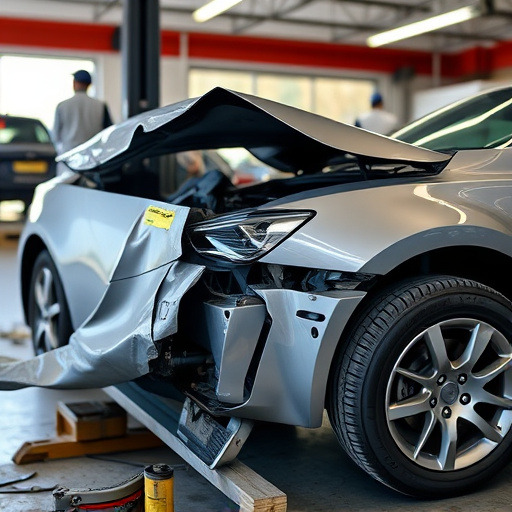
To qualify for vehicle frame inspection work, shop owners must possess specific skills and certifications. This process involves rigorous training in automotive collision repair, which is essential for accurately assessing and repairing damage to a vehicle’s framework. The industry demands professionals who can handle complex car paint services and vehicle bodywork tasks while adhering to safety standards.
Certification programs often include modules on frame measurement techniques, metalworking, and the latest technologies used in automotive repair. Staying up-to-date with these advancements is crucial, as it ensures that shops offering vehicle frame inspection services can deliver high-quality work. Additionally, maintaining relevant licenses and continuing education will help shop owners stay ahead of industry trends, thereby providing reliable services for car paint services, automotive collision repair, and vehicle bodywork needs.
Essential Tools and Practices for Accurate Inspections
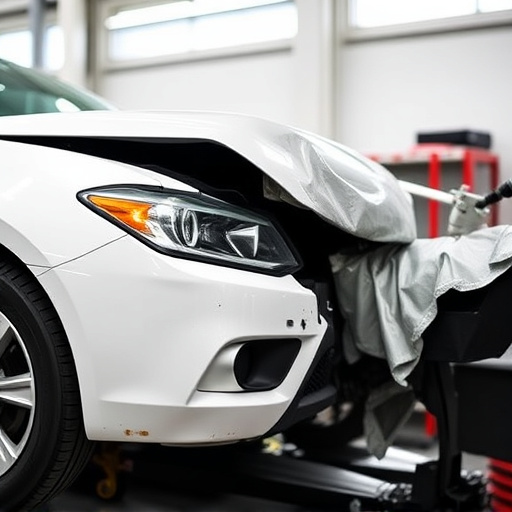
Accurate vehicle frame inspection requires a set of essential tools and practices to ensure quality and safety. Auto repair shops engaging in this work must invest in high-quality equipment like specialized frames, jack stands, and alignment tools. These tools enable thorough examination of the vehicle’s structural integrity, identifying even subtle damage that could impact safety.
Proper procedures include meticulous visual inspection, using torches and measuring tools to assess welds and metal integrity. Additionally, skilled technicians employ techniques like pressure testing and digital imaging for detailed documentation. By adhering to these practices, an auto repair shop can deliver reliable vehicle frame inspections, fostering trust among customers and ensuring the longevity of vehicle bodywork, even after repairs or car dent removal processes.
If your shop is looking to take on vehicle frame inspection work, it’s crucial to understand the requirements, certifications needed, and essential tools to ensure accurate and safe inspections. By adhering to industry standards and adopting best practices, your shop can establish itself as a qualified and reliable provider of vehicle frame inspection services. This will not only enhance your shop’s reputation but also contribute to safer roads by ensuring structural integrity in repaired vehicles.
